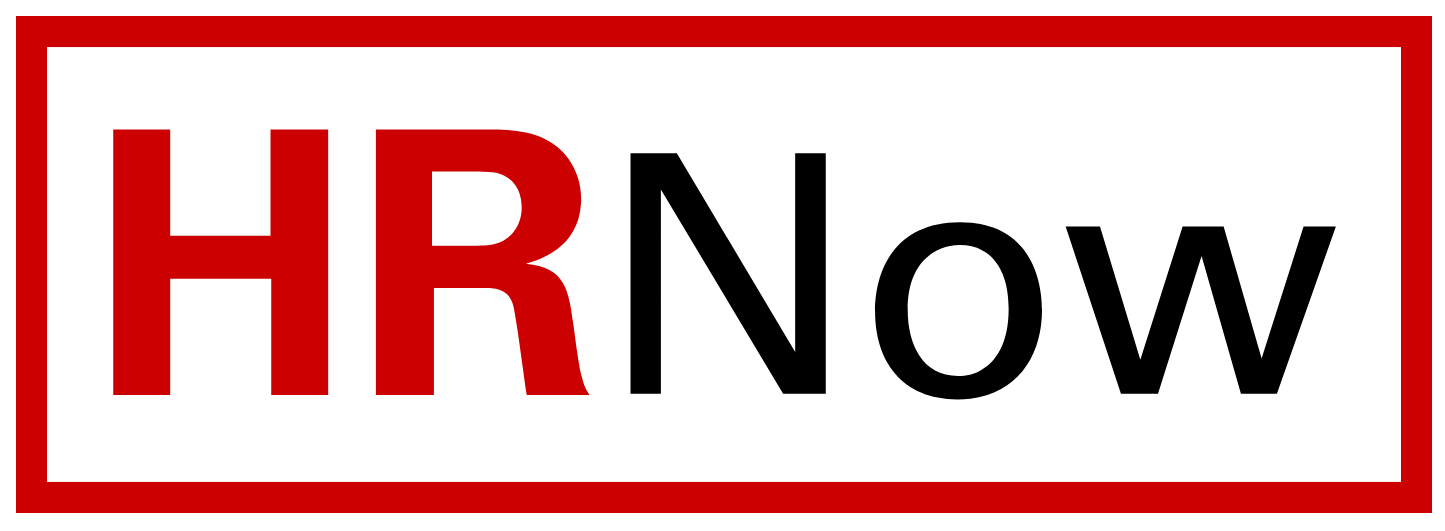The UNC System SHRA Employee Grievance Policy is designed to provide a consistent process for the timely, defensible, fair, and orderly resolution of disputes arising out of employment.
How Do I File?
For grievances in response to disciplinary actions, non-disciplinary separations due to unavailability, or allegations of unlawful discrimination, harassment or retaliation, the employee shall file the grievance by submitting a grievance form to Employee Relations within 15 calendar days of the alleged event or action that is the basis for the grievance.
For all other grievances, the employee shall first request an informal discussion with leadership within 15 days of the alleged event or adverse action that is the basis of the grievance, in an effort to resolve the matter prior to proceeding with a formal grievance. If the matter is not resolved within 15 calendar days, the employee may file the grievance form with Employee Relations.
Employee Relations shall refer grievances alleging unlawful discrimination, harassment or retaliation to the Office for Institutional Equity & Diversity for review and investigation, as appropriate, prior to proceeding to Step 1 of the SHRA grievance process.
What Are the Procedures?
Informal Discussion
For guidance on the process to request an informal discussion with an appropriate supervisor or questions on how to respond to requests for informal discussions regarding grievable issues, contact Employee Relations at 919-515-6575.
Requests for an Informal Discussion must occur within 15 calendar days of the alleged event or action that is the basis of the grievance. Employees must clearly declare to the supervisor or other appropriate personnel that the Informal Discussion request is regarding an alleged event or action that is the basis of a potential grievance. The supervisor or other appropriate personnel shall confirm the intention of the requested Informal Discussion with the employee before beginning the process.
The informal discussion process should be completed within a 15 calendar day timeframe. However, if progress is being made toward a successful resolution to the complaint or if unavoidable circumstances require an extension in the timeframe, both parties may agree to an extension. This extension must be agreed to in writing and endorsed by Employee Relations.
The supervisor or other appropriate personnel shall notify Employee Relations when an employee requests an informal discussion.
Employee Relations will serve as a content and procedural resource advisor during these discussions and will work with both parties to strive for a timely resolution to the workplace dispute. The outcome of the informal discussions must be clearly communicated to the employee by the supervisor or other appropriate personnel in writing.
If the Informal Discussion is unsuccessful in resolving the grievable issue, the employee may choose to file a formal grievance in accordance with the UNC System SHRA Employee Grievance Policy. If no response is provided by the supervisor within the 15 calendar day time frame, the employee may proceed by filing a formal grievance.
Formal Grievance
Mandatory Mediation Step 1
Upon receipt of the SHRA Formal Internal Grievance form, Employee Relations shall submit a request for mediation through the Office of State Human Resources (OSHR) within 3 business days of receipt of the form. The mediation process shall be concluded within 35 calendar days.
Only OSHR approved mediators will mediate SHRA grievances for Universities. OSHR will maintain a pool of qualified mediators to facilitate mediations. Mediators will not be selected from the University requesting the mediation.
If an agreement is not reached (Impasse), the grievant will have 5 calendar days to indicate they would like to proceed to the second step in the formal grievance process.
Hearing Panel Step 2
If mediation does not result in resolution at Step 1, the grievant will have the opportunity to present the grievance to a Hearing Panel outside the employee’s chain of command. The hearing process shall be concluded within 35 calendar days of filing Step 2 of the grievance process.
The grievant will have one opportunity to challenge 2 members of the Hearing Panel if the grievant believes they cannot render an unbiased recommendation due to a real or perceived conflict of interest. The grievant must submit the basis for the challenge in writing. Employee Relations will review the challenge, and replace the member(s) as appropriate. If the grievant wishes to make a challenge, it must be done within 5 calendar days of receiving the notification of the Hearing Panel.
Witnesses, as approved by the Hearing Panel Chair in accordance with the University processes, may be eligible to attend the hearing for a designated period during the proceedings.
Attorneys and other advisors may not attend the hearing.
Audiotape, videotape, recording devices, and transmission devices are not permitted during the hearing without the consent of the Chancellor or designee.
A Hearing Panel Chair will preside over the hearing to allow the parties to present information relevant to the nature of the grievance, facts upon which the grievance is based and the remedies sought. Each party shall be given fair opportunity to present evidence on the issues to be heard and to question witnesses.
The Hearing Panel Chair will draft a proposed recommendation for a final University decision including justification to support the recommendation, and submit to the University designee.
All proposed recommendations shall be reviewed by the UNC System Office and OSHR prior to the University designee rendering the Final University Decision. The Final University Decision shall be issued in writing within 90 calendar days of the initial filing of the grievance.
The Final University Decision will include information about applicable appeal rights.
Guiding Policies and Other Resources
